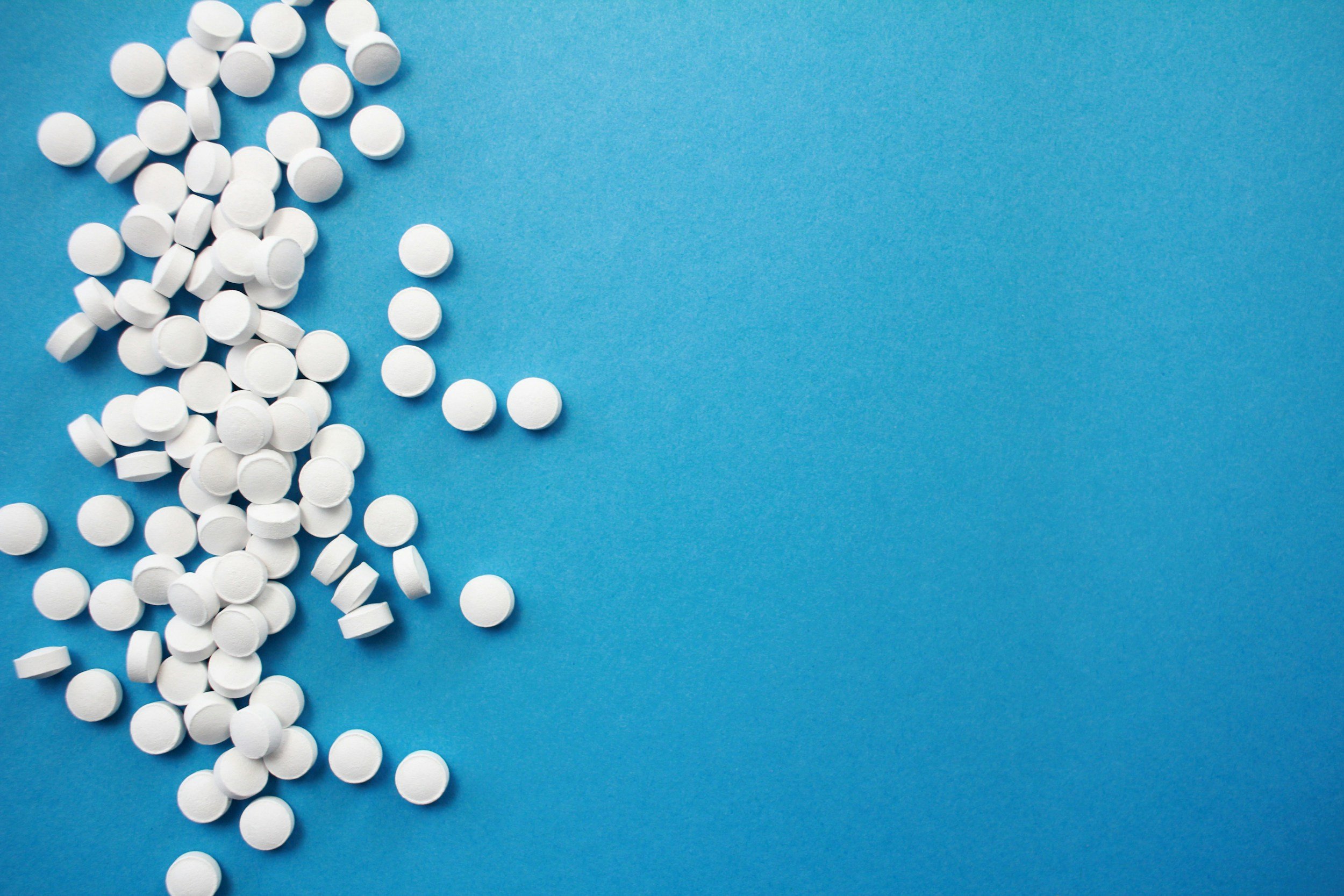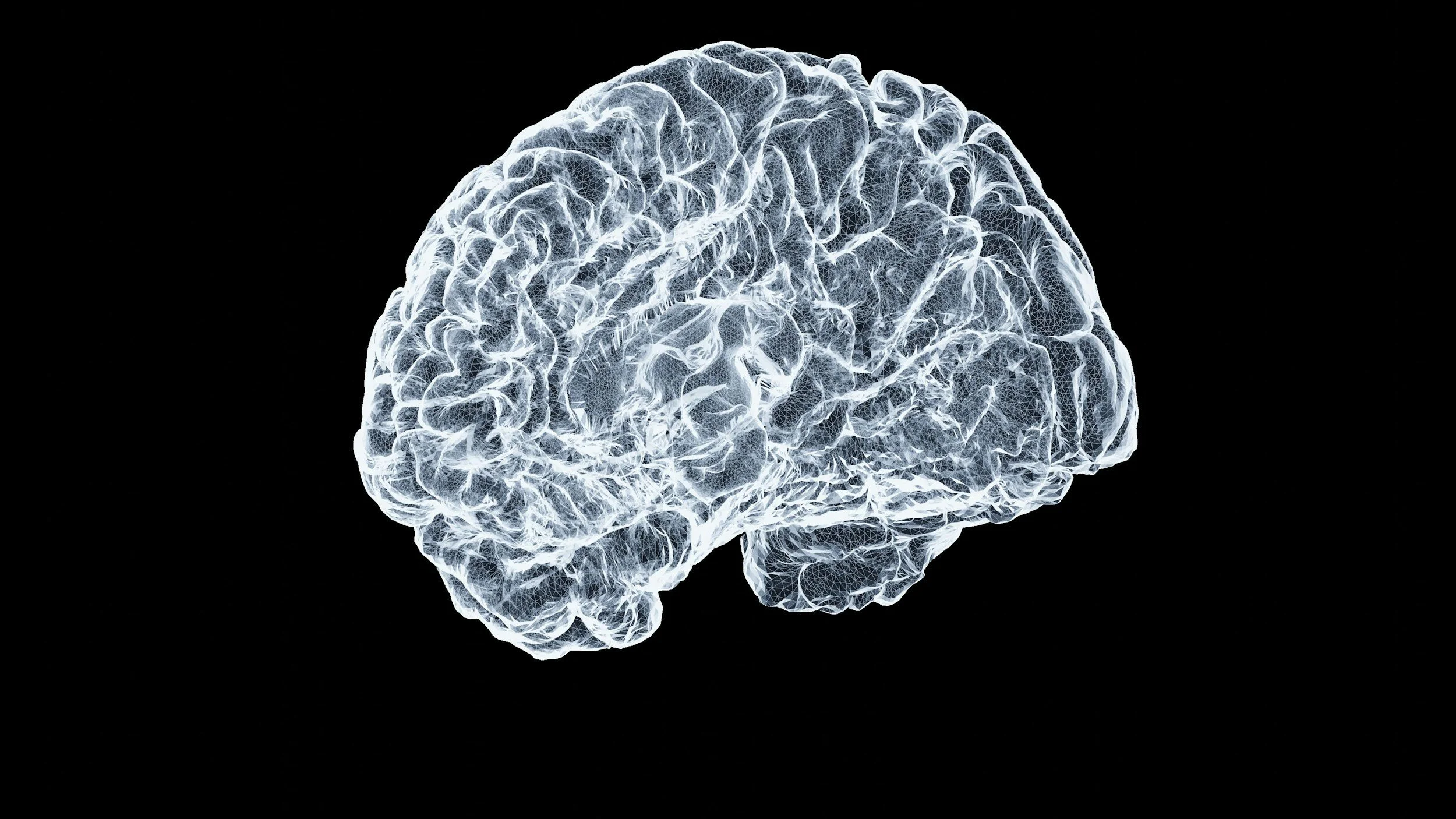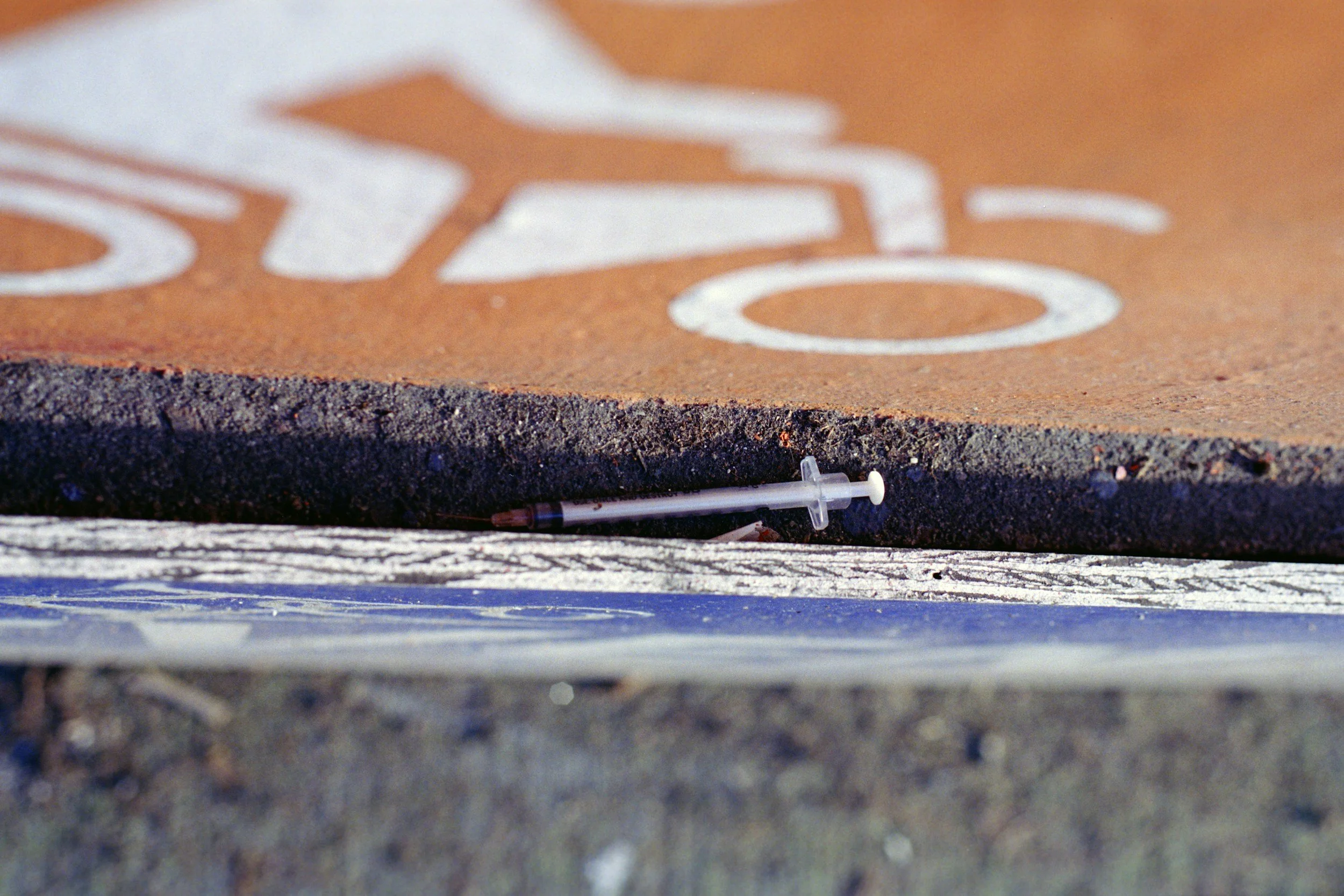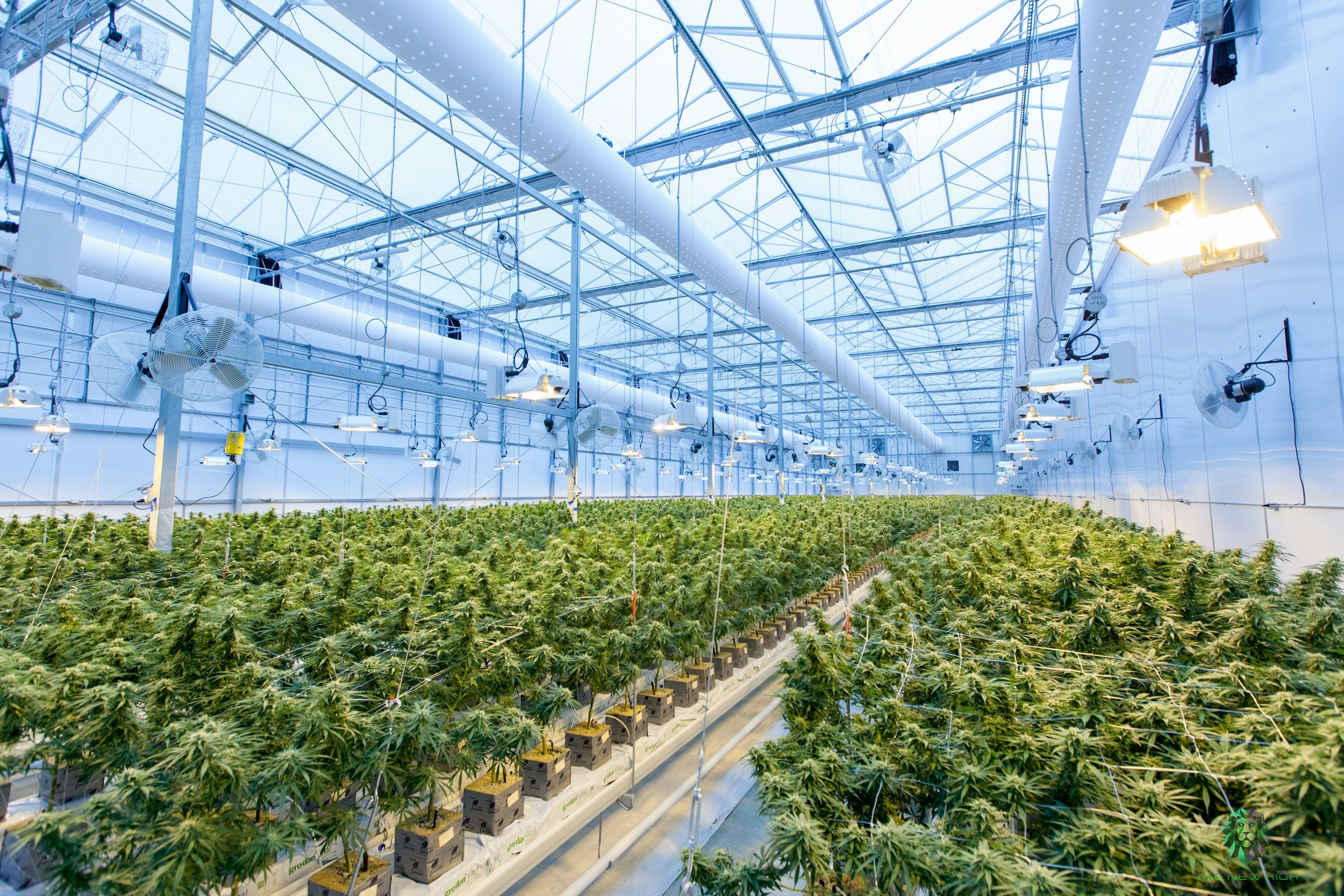Blog

Are We Treating Addiction — or Just Medicating It?
In the addiction field, we talk a lot about “root causes.” Trauma. Stress. Disconnection. Emotional pain. Genetics. Environment. Learned coping patterns. These are the forces that shape a person’s relationship with substances long before the first drink, pill, or hit ever becomes a problem.
Yet in the broader healthcare system, addiction is often approached through a very different lens — one shaped heavily by the pharmaceutical industry. Medications can play a valuable role in stabilizing people, reducing harm, and supporting recovery. But when medication becomes the primary or only intervention, something essential gets lost.
From where I sit as an addiction specialist, the issue isn’t that pharma is “evil” or intentionally blocking recovery. It’s that the system is built to prioritize symptom management over root‑cause healing, and pharmaceutical solutions fit neatly into that model.
Let’s unpack what that means.

Breaking the Cycle: How Polysubstance Abuse and Behavioural Addictions Hijack the Brain’s Reward System
Addiction rarely arrives as a single, isolated problem. In my work as an addiction specialist, I’ve seen how often substance use overlaps with behavioural addictions — gambling, compulsive sexual behaviour, gaming, shopping, even chronic social media use. When these patterns combine, they don’t just add up; they amplify one another, creating a powerful and destructive loop within the brain’s reward circuitry.
Understanding what’s happening inside the brain is one of the most empowering steps a person can take. Addiction is not a moral failure. It’s a neurobiological trap — but one that can be escaped with the right structure, support, and sustained action.

Polysubstance Use and the Path to Fentanyl Addiction: Understanding the Risks and the Road to Recovery
By: An Addiction Specialist
Polysubstance use—mixing or alternating between multiple substances—is one of the most dangerous patterns I see in addiction work. Many people don’t start with fentanyl. They begin with alcohol, cannabis, cocaine, benzodiazepines, or prescription opioids. Over time, tolerance grows, the brain adapts, and the search for a stronger or more reliable high begins.
This is often where fentanyl enters the picture—sometimes intentionally, sometimes without the person even knowing. And once fentanyl becomes part of the cycle, the risks escalate dramatically.

When Someone You Love Is Struggling: How Loved Ones Can Seek Help for Addiction
A perspective from an addiction specialist
When a partner, child, sibling, or close friend is battling addiction—whether it’s substances like alcohol or drugs, or behavioural addictions like gambling, pornography, or compulsive spending—the emotional weight can be overwhelming. Loved ones often carry fear, confusion, guilt, and exhaustion, all while trying to “hold everything together.”
As an addiction specialist, I want to say this clearly: you deserve support too. Addiction affects the entire family system, and healing requires care for everyone involved—not just the person using.

The Grip of Today’s Cannabis: Understanding Addiction and the Path to Freedom
By: An Addiction Specialist
Cannabis has changed dramatically over the past decade. What was once a mild, low‑potency plant has evolved into a highly engineered substance with THC concentrations far beyond what previous generations ever encountered. As potency has risen, so have the rates of dependence, withdrawal, and cannabis‑induced mental health crises.
In my practice, I see more people than ever struggling with cannabis addiction—often shocked that something they believed was “safe” has taken such a powerful hold on their lives.

Supporting a Loved One with Addiction: Guidance, Solutions, and Hope
When someone you care about is struggling with Substance Use Disorder (SUD) or a behavioral addiction (such as gambling, pornography, or compulsive eating), it can feel overwhelming. You may experience fear, frustration, or helplessness. Addiction is not simply a matter of willpower—it is a complex condition involving brain chemistry, emotional regulation, and environmental triggers.
The good news: help is available, and recovery is possible with the right support.

Motivation for Using The Sinclair Method
The Sinclair Method offers a science-based alternative to traditional abstinence-only approaches, helping people reduce drinking by retraining the brain’s reward system. While highly effective for many, it requires discipline, medical oversight, and integration with lifestyle changes to achieve lasting recovery.

Acute vs. Chronic Alcoholism: Understanding the Difference
Acute alcoholism refers to short-term, high-intensity drinking episodes (often binge drinking), while chronic alcoholism is a long-term, progressive condition marked by dependence and lasting health consequences. Both require different treatment approaches, and binge drinking sits on a dangerous line that can tip into chronic addiction.

Recovery Beyond Abstinence: The Power of Meditation, Awareness, Connection, and Movement
Recovery from substance use or behavioral addictions is not simply about stopping the addictive behavior—it’s about building a new way of living. As an addiction specialist, I’ve seen countless individuals discover that true healing comes from nurturing the mind, body, and spirit. Five practices stand out as pillars of sustainable recovery: meditation, awareness, community connection, reconnecting with old friends, and physical exercise

Chronic Alcoholism: The Battle Beneath the Surface
Alcoholism is not simply “drinking too much.” It is a chronic, progressive illness that rewires the brain, erodes relationships, and devastates health. For those caught in its grip, the struggle is not just about alcohol—it’s about the insidious cycle of relapse, the phenomenon of craving, and the baffling inability to stop despite devastating consequences.

Chronic Cannabis and Pornography Use: The Brain, the Trap, and the Path to Recovery
Addiction isn’t always about hard drugs or alcohol. Two of the most underestimated yet deeply impactful struggles I see in my practice are chronic cannabis use and compulsive pornography consumption. On their own, each can alter brain chemistry and derail lives. Together, they create a cycle of sedation and stimulation that hijacks the brain’s reward system, leaving individuals trapped in patterns that feel impossible to break.

When Relapse Hits Home: A Guide for Loved Ones
When someone you love relapses, it can feel like the ground has been pulled out from under you. You may experience:
Shock and disappointment: The hope you carried for their recovery feels shattered.
Anger and frustration: You may wonder why they “threw it all away.”
Fear and anxiety: Worrying about their safety, health, and future.
Grief: Mourning the version of them you thought was returning.
These emotions are normal. Relapse doesn’t just affect the person using—it ripples through the entire family system.

Alcoholism & Drug Addiction: Why Treatment Is Essential
Addiction is often misunderstood. Many people see it as a matter of willpower, a bad habit, or a moral failing. But as an addiction specialist, I know the truth: alcoholism and drug addiction are chronic medical conditions that demand treatment. Left unaddressed, they erode health, relationships, and purpose. Managed with care, they can become the foundation for profound transformation.

Dopamine on Overdrive: A Wake-Up Call for Parents Navigating Teen Habits
The Dopamine Dilemma: Why It Matters
As an addiction specialist, I’ve seen firsthand how seemingly harmless habits—like fast food binges and endless scrolling—can evolve into patterns that hijack the brain’s reward system. At the heart of it all is dopamine, the neurotransmitter responsible for pleasure, motivation, and reinforcement. When teens repeatedly engage in high-stimulation activities, their brains adapt by demanding more to feel the same level of satisfaction. This is the slippery slope toward behavioral addiction.

Loving Someone with Cocaine and Alcohol Addiction: A Message to the Spouse
If you’re married to someone battling cocaine and alcohol addiction, you already know the chaos it brings. The lies. The broken promises. The emotional rollercoaster. You’ve likely asked yourself, “How much more can I take?” And that’s not weakness—it’s wisdom.
Addiction is a disease, but it’s also a tornado. It doesn’t just destroy the person using—it pulls in everyone around them. As an addiction specialist, I’ve worked with countless spouses who are torn between love and survival. This blog is for you.

Harm Reduction: A Lifeline, Not a Loophole
Harm reduction is a compassionate, evidence-based approach to addiction treatment. It prioritizes safety, dignity, and incremental healing—especially for those struggling with opioid use disorder (OUD). Two of the most effective tools in this model are methadone and Suboxone (buprenorphine/naloxone), both classified as Medication-Assisted Treatments (MATs).

When Porn and Marijuana Addiction Go Hand in Hand
In the world of addiction recovery, we often talk about substances and behaviors as separate struggles. But in reality, they frequently intertwine—feeding off each other, reinforcing the same cycles of escape, and deepening the same emotional wounds. Two of the most commonly paired addictions I see in my practice are pornography and marijuana. On their own, each can be destructive. Together, they can quietly overtake a person’s life.

Why Awareness Is the Key to Relapse Prevention
As an addiction specialist, I often tell my clients: recovery isn’t just about quitting a substance—it’s about understanding your brain. Addiction hijacks the mind in ways that make relapse not just possible, but likely—unless we learn to recognize and respond to the internal tug-of-war between our emotional and logical selves.

The Slippery Slope of Switching Substances: Trading One Addiction for Another
Recovery isn’t just about quitting a substance—it’s about changing a lifestyle, rewiring the brain, and healing the spirit. But one of the most common traps I see in early recovery is the belief that switching substances is safer than stopping altogether. For example, someone who’s quit marijuana and cocaine might think, “I’ll just drink socially now—it’s legal, it’s normal, it’s not my problem.”

Chronic Marijuana Use and Behavioral Addictions: A Hidden Link
As an addiction specialist, I’ve seen firsthand how substance use and behavioral addictions often intertwine in complex and surprising ways. One of the most overlooked relationships is the correlation between chronic marijuana use and behavioral addictions such as pornography and video gaming. While these behaviors may seem unrelated on the surface, they often share underlying psychological mechanisms—and when combined, they can reinforce each other in ways that deepen dependency and impair functioning.
